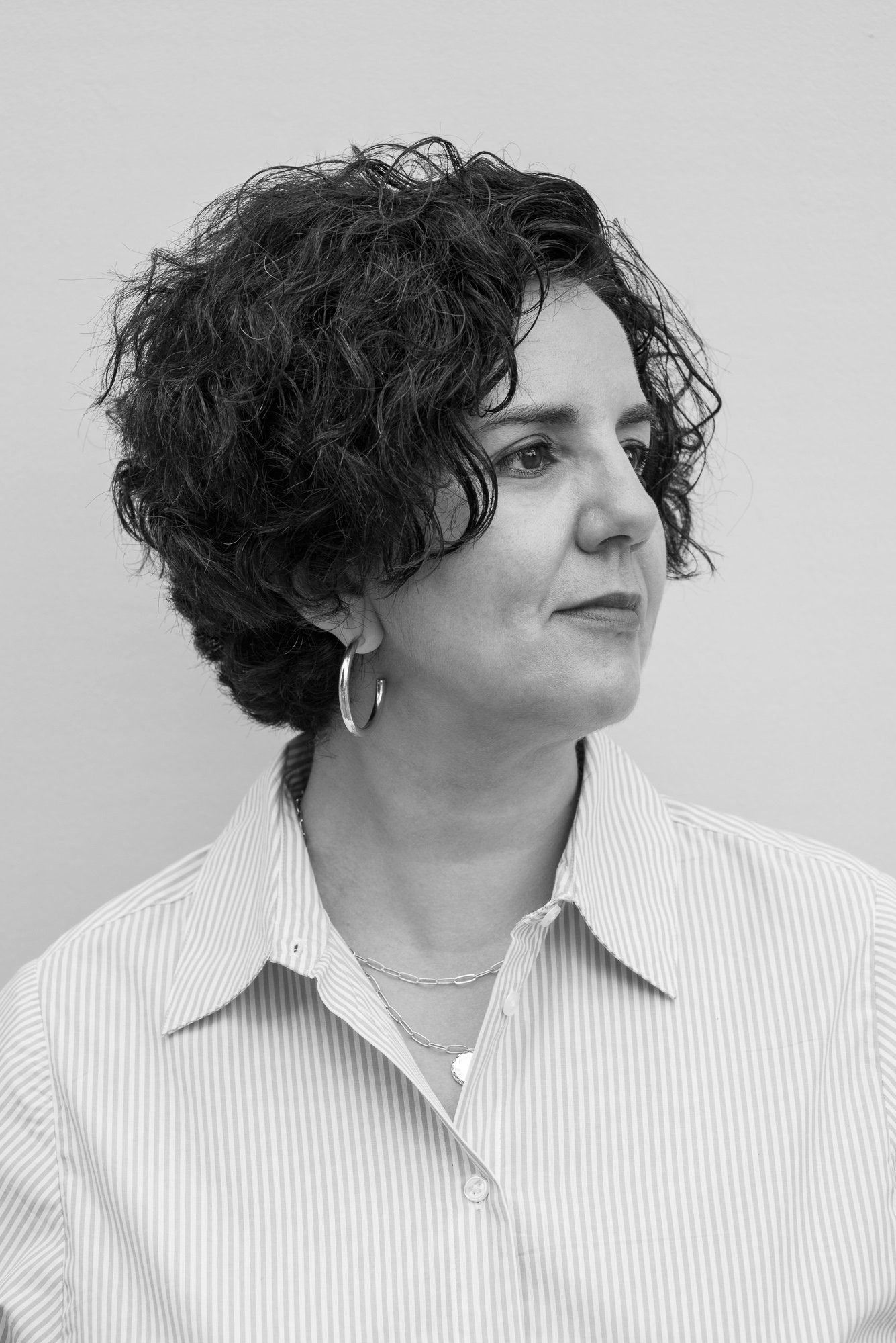Beasts
My siblings and I archive the blanks in my mother’s memory, diagnose her in text messages. And so it begins, I write although her disease had no true beginning, only a gradual peeling away until she was left a live wire of disquiet. We frame her illness as a conceptual resistance—She thinks, yet she is an other— to make sense of the transformation. She forgot my brother’s cancer, for example, and her shock, which registered as surprise, was the reaction to any story we told her, an apogee of sublimity over and over. Once on a walk she told us she thought she was getting better, and exhausted, we told her she was incurable, a child’s revenge. The flash of sorrow was tempered only by her forgetting and new talk of a remedy, and we continued with the fiction because darker dwindling awaits us like rage, suspicion, delusion, estrangement. I had once told myself a different story about us. In it she was a living marble goddess in my house watching over my children and me. So what a bitter fruit for us to share, our hands sinking into its fetid bruise, the harsh flavor stretched over all our days, coloring them grey, infesting them with the beasts that disappeared her, the beasts that hid her mail in shoeboxes under her bed, bills unpaid for months, boxes to their brims. The lesson: memory, which once seemed impermeable, had always been a muslin, spilling the self out like water, so that one became a new species of naïf and martyr. And us, we’re made a cabal of medieval scholars speculating how many splinters of light make up her diminishing core, how much we might harvest before she disappears. This is the new love: her children making an inventory of her failing body to then divide into pieces we can manage— her shame our reward, and I’ll speak for the three of us: we would have liked her to relish in any of the boons that never came, our own failures amplified by her ephemeral and fading quality.
Credit
Copyright © 2013 by Carmen Giménez Smith. Used with permission of the author. This poem appeared in Poem-A-Day on December 12, 2013. Browse the Poem-A-Day archive.
About this Poem
"I wanted to write a poem that described how the idea of being a child is changed by a parent’s mortality, but the true nuclei of the poem are those boxes in the last few lines, which I found under my mother’s bed a few years ago. That discovery was a turning point in my understanding of Alzheimer’s, but it also felt like a scene in a horror movie, when a character realizes the extent of their doom."
—Carmen Giménez Smith
Date Published
12/12/2013

